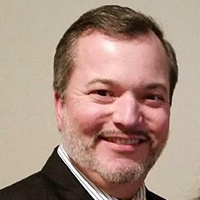Pauline Misdemeanor Lawyer, South Carolina
Sponsored Law Firm
-
 x
x

Click For More Info:
-
Law Offices Of David A. Braghirol
126 East Main Street Duncan, SC 29334» view mapCriminal Law Proudly Serving South Carolina
Call today to talk to an experienced criminal defense lawyer.
800-296-8980
Not enough matches for Pauline Misdemeanor lawyer.
Below are all Pauline Criminal lawyers.
Joseph Patrick Anderson
✓ VERIFIEDDUI-DWI, Family Law, Accident & Injury, Criminal
Patrick was born and raised in Spartanburg, South Carolina, and is a partner at the law firm of Anderson & Moore. He received his Bachelor of Arts in ... (more)
David Arthur Braghirol
✓ VERIFIEDCriminal, Divorce & Family Law, Traffic, DUI-DWI
David Braghirol is a practicing attorney in the state of South Carolina. He graduated from University of South Carolina with his J.D. in 1997. He curr... (more)
Evan Carroll Bramhall
Criminal, Car Accident, Family Law, Accident & Injury
Status: In Good Standing Licensed: 11 Years
 AboutLaw Offices Of David Braghirol
AboutLaw Offices Of David Braghirol Practice AreasSpecializations
Practice AreasSpecializations



